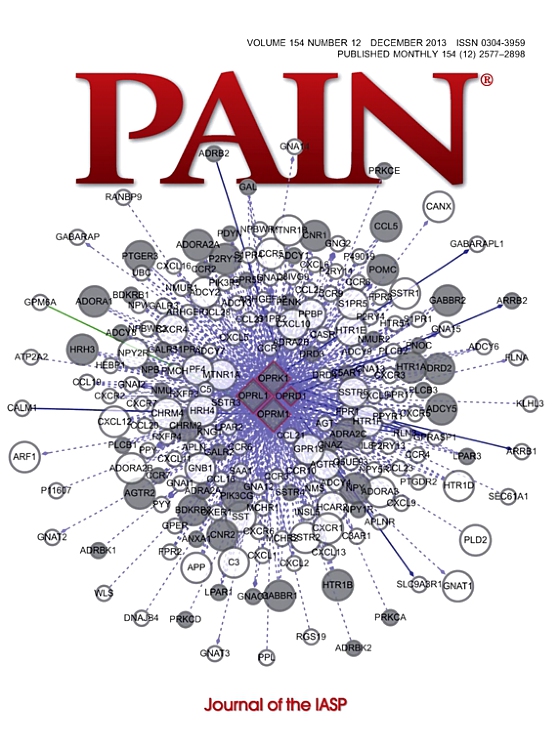疼痛系统的正向和反向工程:从计算神经科学到神经工程。
IF 5.5
1区 医学
Q1 ANESTHESIOLOGY
引用次数: 0
摘要
疼痛是一个复杂的、多层次的现象,整合了感觉、动机和认知过程。计算方法将理论框架与神经和行为数据连接起来,提供描述性、机械性和规范性的解释。我们回顾了主要的计算方法,包括强化学习、控制理论、贝叶斯推理和主动推理,并说明了它们在理解疼痛预测、避免和调节中的作用。正向和反向工程技术协同完善我们的模型并产生可测试的假设。这一框架不仅推进了基础神经科学,而且为临床应用提供了信息,为计算表型、个性化治疗和疼痛管理的适应性神经工程干预提供了潜力。本文章由计算机程序翻译,如有差异,请以英文原文为准。
Forward and reverse engineering the pain system: from computational neuroscience to neuro-engineering.
Pain is a complex, multi-level phenomenon integrating sensory, motivational, and cognitive processes. Computational approaches bridge theoretical frameworks with neural and behavioural data, providing descriptive, mechanistic, and normative explanations. We review key computational approaches, including reinforcement learning, control theory, Bayesian inference, and active inference, illustrating their role in understanding pain prediction, avoidance, and modulation. Forward and reverse engineering techniques synergistically refine our models and generate testable hypotheses. This framework not only advances fundamental neuroscience but also informs clinical applications, offering potential for computational phenotyping, personalised therapies, and adaptive neuro-engineering interventions for pain management.
求助全文
通过发布文献求助,成功后即可免费获取论文全文。
去求助
来源期刊

PAIN®
医学-临床神经学
CiteScore
12.50
自引率
8.10%
发文量
242
审稿时长
9 months
期刊介绍:
PAIN® is the official publication of the International Association for the Study of Pain and publishes original research on the nature,mechanisms and treatment of pain.PAIN® provides a forum for the dissemination of research in the basic and clinical sciences of multidisciplinary interest.
 求助内容:
求助内容: 应助结果提醒方式:
应助结果提醒方式:


